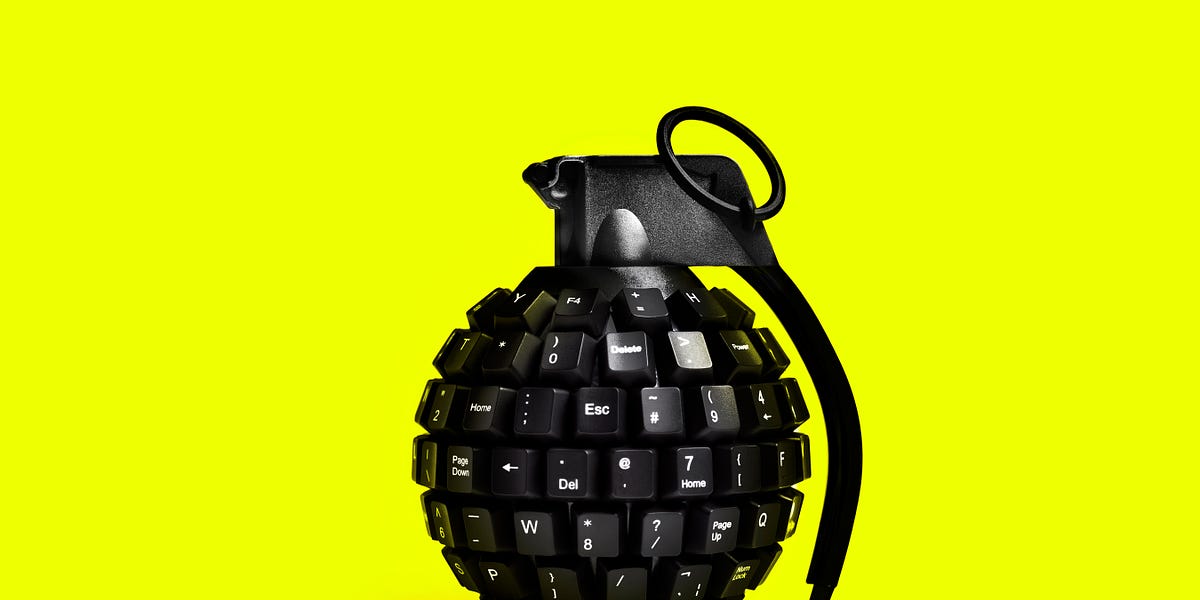Dramageddon: The Virtual Civil War

🌈 Abstract
The article discusses the phenomenon of "dramageddon" - the toxic and polarized discourse on social media that creates a false impression of imminent civil war in the United States. It examines how social media attracts and amplifies narcissistic and dramatic individuals, who then drive the majority of online toxicity and conflict. The article argues that this distorted view of reality, fueled by social media, is turning people's brains "to shit" by destroying logic, goodwill, and constructive dialogue. It provides advice on how to curate one's social media feed to avoid falling into the trap of "dramageddon" and maintain a more balanced perspective.
🙋 Q&A
[01] How social media toxifies discourse
1. What are the key reasons why social media discourse is often toxic?
- Social media attracts narcissistic individuals who engage in histrionics and catastrophizing to gain attention and validation.
- Social media amplifies these narcissistic and toxic individuals, as their aggressive and divisive posts receive more engagement and sharing.
- The high engagement of toxic posts rewards and incentivizes this behavior, leading to a cycle of increasing toxicity.
2. How does this toxicity on social media create a false impression of societal polarization?
- The minority of narcissistic and dramatic individuals on social media are disproportionately amplified, making them appear more representative of the population than they actually are.
- This creates the illusion of widespread societal division and conflict, even though most people in the real world remain relatively calm and united.
3. What are the consequences of believing the false narrative of impending civil war perpetuated on social media?
- It can lead to increased polarization and extremism, as people become more embittered and likely to act in an antisocial manner.
- It can also distort the perception of policymakers and opinion-makers, who may then perpetuate the narrative of civil war, further spreading the delusion.
[02] Advice for managing social media
1. Why does the author recommend not leaving social media entirely, despite the toxicity?
- Social media, despite its flaws, provides an unparalleled window into current events and the thoughts of important people, which can be valuable if curated properly.
2. What are the author's recommendations for curating one's social media feed?
- Carefully select who to follow, prioritizing reasonable and informative accounts.
- Make extensive use of the mute and block functions to filter out toxic individuals and content.
- Avoid being guilt-tripped into thinking blocking is censorship, as it is necessary to take responsibility for what you see on social media.
3. Why does the author hope that influential figures like Sam Harris and Claire Lehmann will consider returning to Twitter?
- Their calm and sane voices are needed more than ever to counter the surge in online polarization and hysteria around the prospect of civil war.
- Their presence on the platform can help provide a counterbalance to the divisive and dramatic narratives perpetuated by the minority of narcissists.